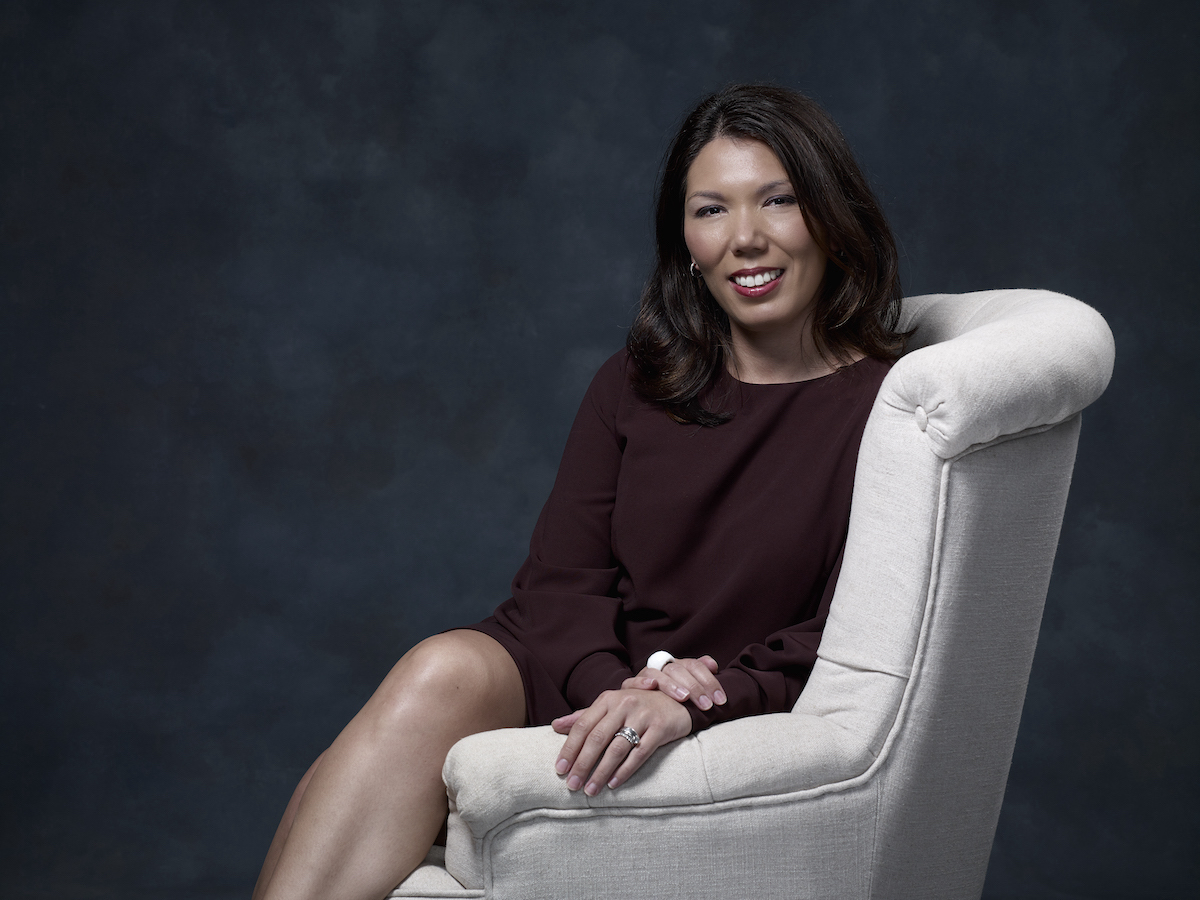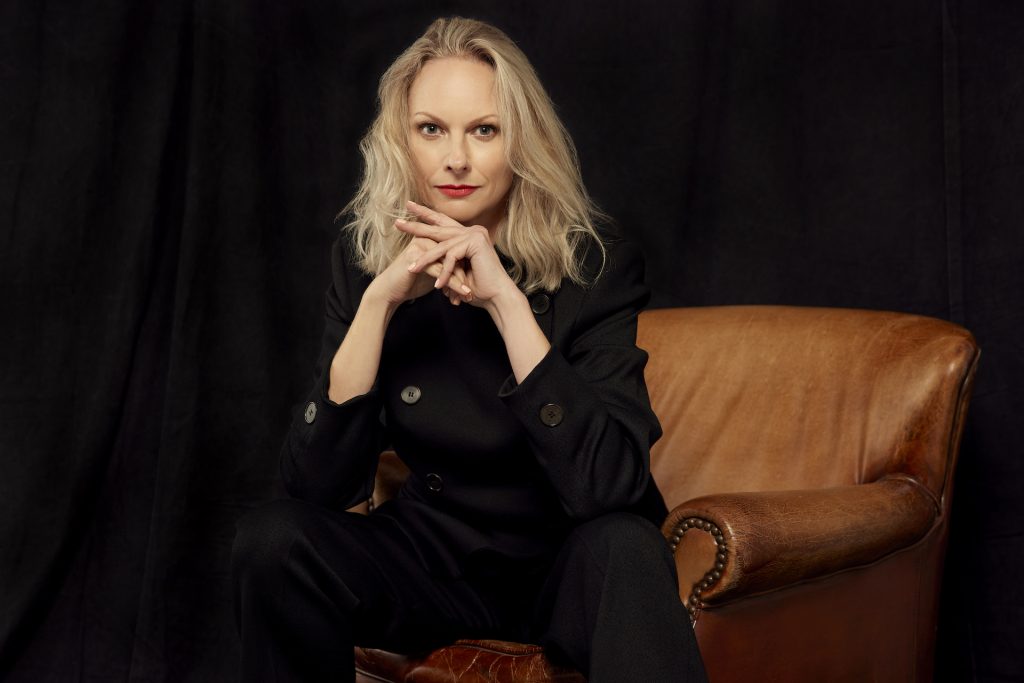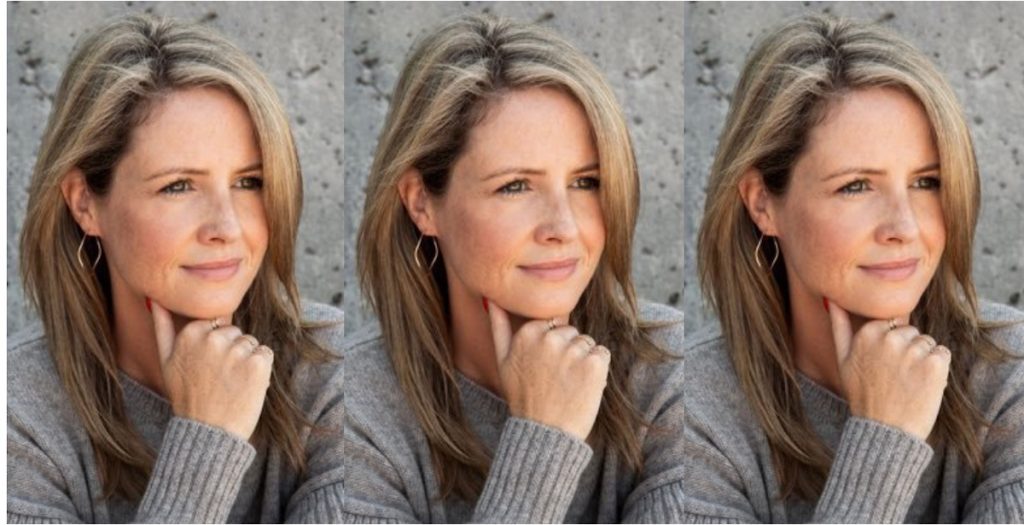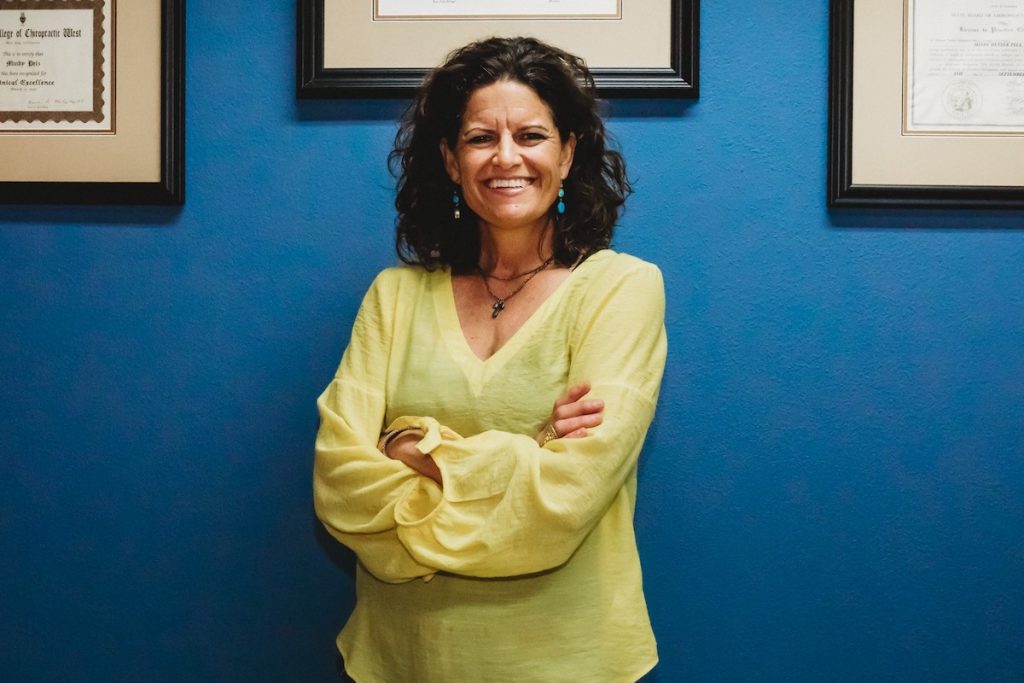Here’s a mind-bending statistic: the brain contains about 86 billion neurons – which is around the same amount of stars that are in the Milky Way (give or take a few billion). It’s no wonder there is still so little known about the central ‘control unit’ of our bodies. And while there is no one answer to the question ‘what is brain disease?’, what we do know is there are over 600 conditions – from cerebral palsy to dementia – that can affect the brain.
It’s a statistic Angie Smith knows only too well, and not just because she recently joined the Brain Foundation as its COO. In 2008, she suffered from a severe brain haemorrhage, an intracerebral haemorrhage, caused by an AVM (Arteriovenous Malformation).
“I’d had a miscarriage earlier in the year and, for about a month afterwards, I had the most horrendous headaches,” she tells The Suite. “I mean, I’d had headaches before, but they were nothing like this. Then, a month to the day after losing the pregnancy, I woke up feeling very, very sick. I thought I’d have a shower and lie down, take a couple of nurofen, and be okay. But something told me things weren’t right, so I called out for my husband, and by the time he got to me, the whole left side of my body had stopped working. It felt like a jackhammer was smashing my brain. He called the ambulance, and I woke up two weeks later. I’d had major surgery to repair the AVM, and then had to learn to walk, talk and do everything again. I lived in the hospital for three months and had rehab for nearly a year.”
Recovering From A Brain Haemorrhage
Now, 15 years on, Smith has residual effects of the haemorrhage – her left side is weaker than her right, and she also suffers from chronic migraines, although she now manages them with medication. “At one point, I would have them every day,” she explains. “I’d be very unwell, I couldn’t function correctly, and it affected me cognitively as well. The ability to socialise, work, or even look after my four children was hugely impacted. I struggled with this for many, many years, and still do if my medications aren’t working properly or certain triggers exacerbate bring on a migraine.”
Smith also has a child who is neurodiverse, with epilepsy, and her father with disabilities due to a stroke. “Brain disease, disorder and injury has very much affected my life in many ways,” she says. “I also know how lucky I am to be alive, due to the amazing surgeons and support I received. However, for many, it’s not like that. It’s why, when this particular role came up at the Brain Foundation, I felt compelled to join and to try to make a difference.”
“Most people would have been affected at some point by someone they know who has had a brain disease, disorder or injury.”
It’s what attracted Smith to the organisation – its mission – and what it stands for in terms of raising awareness, providing grants, and dedicating funding to the highest quality Australian research into neurological disorders, diseases, and injuries. The ultimate goal is the advancement of diagnoses, treatments and patient outcomes.
“It’s really incredible what the Brain Foundation does,” she says. “Of course, the research and fundraising is never-ending, but we can all make an impact. Even the smallest donation or support in any way can help us achieve our mission. Most people would have been affected at some point by someone they know who has had a brain disease, disorder or injury.”
The Third Most Common Illness In The World
Approximately, five million Australians suffer from migraine, and almost eight out of 10 are women. It affects more than one billion people on the planet, making migraine the third most common illness in the world. But it’s silent, invisible, underestimated, and not acknowledged for what it is. It’s also often misdiagnosed or not managed properly because unfortunately a lot of people don’t have access to the right support.
“The Brain Foundation would love to be able to help these people by increasing the opportunity to advocacy, the access to the right doctors, neurologists, medications and treatments,” says Smith. “And even just in the workplace – being able to make amendments and reduce the stigma around migraine, in particular, would be so wonderful.”
Despite joining the Brain Foundation so recently, Smith is hitting the ground running; fund-raising, acquiring corporate sponsorships, raising awareness, and encouraging people to get in touch and donate or become partners in a meaningful way.
“We have an amazing team of people who are really passionate about what we do, and there’s a huge opportunity to bring greater awareness around all things to do with brain health and longevity,” she says. “And that’s one of the key terms in my book: longevity. We have one brain our whole life – there’s no transplant option yet – so we want people to stay in good health and be well.”
How To Keep Your Brain Healthy
You can do this by ensuring you exercise regularly, eat a healthy and balanced diet, look after your health, enjoy social activity and mentally challenge your brain regularly. Which also means doing your research and educating yourself.
“It’s Brain Awareness Week this week, and it’s a big week for us,” says Smith. “We’re really excited to host some webinars and provide a lot of resources from the experts that we have working with our team. I think education around brain health is key. One of our big pillars is ensuring that the people who want to know have access to information, and we’ve got some exceptional resources on our website.”
Speaking of, to learn more about brain health, and to find out how you can help raise awareness for brain diseases, disorders and injuries, visit brainfoundation.org.au




